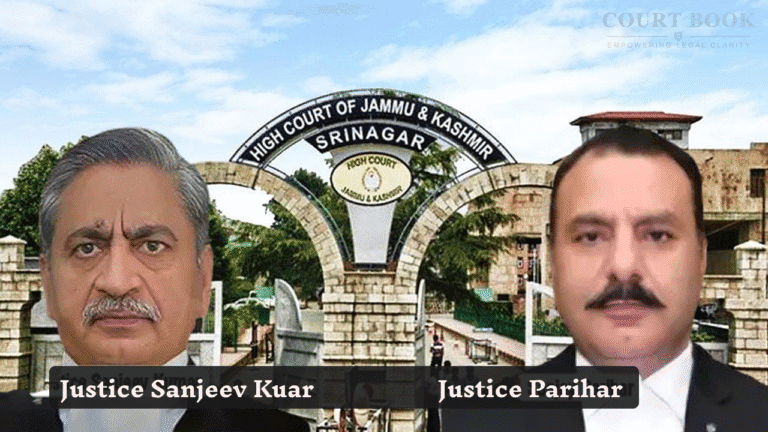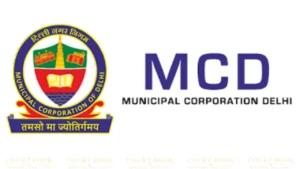The Jammu and Kashmir High Court has admitted a writ petition challenging the constitutional validity of Section 3 of the J&K Reservation Act, 2004. The provision grants reservation based on population ratio, which the petitioners argue violates Article 16(4) of the Constitution of India.
The petition also questions successive statutory orders that have increased reservation percentages to a 70% cap, leaving only 30% for the merit pool. This, the petitioners contend, disproportionately affects the majority demographic.
Read also:- Property Disputes Beyond Scope of Senior Citizen Tribunals: Allahabad HC Reinforces Civil Court Jurisdiction
A bench comprising Justice Sanjeev Kumar and Justice Sanjay Parihar issued notices to the respondents, seeking their responses. The court’s action marks a significant step in examining the foundational basis of reservation policies in the Union Territory.
"The percentage of reservation granted to a particular community cannot exceed its share in the total population of the Union Territory as per Section 3 of the J&K Reservation Act," the bench observed in an earlier order.
Read also:- Courts Overburdened: Delhi HC Asks Gokhale and Puri to Resolve Defamation Case Outside Court
The current petition directly challenges Section 3, arguing that it reduces reservation criteria to mere population percentages, contrary to the constitutional mandate of addressing inadequate representation in public employment.
Background and Legal Context
The High Court had previously permitted the withdrawal of a batch of petitions with liberty to file a fresh plea specifically targeting Section 3. The new petition highlights recent amendments—SO 127 (20.04.2020), SO 176 (15.03.2024), and SO 305 (21.05.2024)—which collectively raised reservations to nearly 70%.
Read also:- Foreign Company Liable for Tax in India Even Without Exclusive Office: Supreme Court
The court has directed the respondents, including the Union Territory of J&K, to file their affidavits by the next hearing date. Notices have been issued to Respondent Nos. 1 to 3, 5, and 6, returnable within four weeks. The case is slated for further hearing on September 2, 2025.
Case-Title: Zahoor ahmad bhat & Ors vs UT of J&K, 2025
For Petitioners: Mr. M. Y. Bhat, Senior Advocate, with Mr. I. N. Parray, Advocate, and Petitioner No. 1 in person.
For Respondent No. 4: Mr. Shah Aamir, Advocate.















